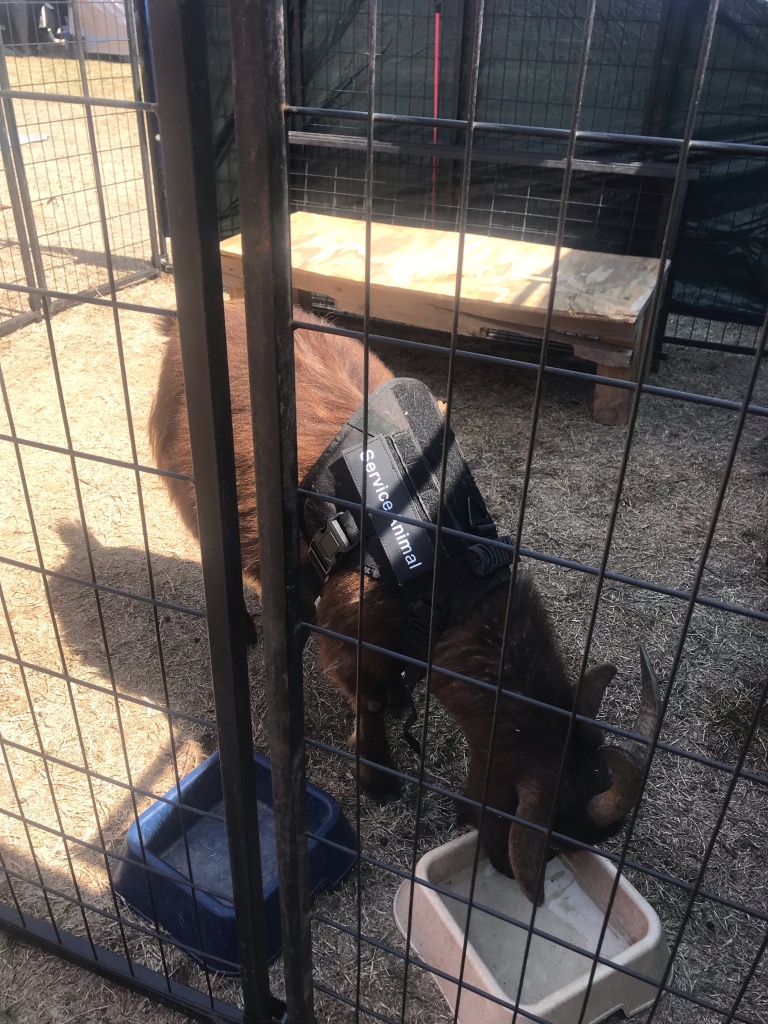
The Brazilian film “Black Orpheus” won the academy award for “Best International Feature Film” in 1959, and it set the Greek Myth of Orpheus and his beloved Eurydice, who died after being bitten by a snake. The movie is set in Rio in Brazil during Carnival, and Orpheus is a street car conductor and famed Samba dancer of African heritage who participates in numerous parades there, and after Eurydice dies he begins a laborious journey through Rio as the festivities are ongoing, and at one location in a scene that is fraught with symbolism, he is advised by a man who is sweeping loose papers that are floating down a stairs that she is not there and a dejected Orpheus makes his way to another place amidst streets filled with Carnival revelry where he thinks she may be. And a somewhat similar scene took place in the Tillman County Courthouse in southern Oklahoma in the 1980’s when a district attorney who was angry at a ruling issued by a district judge on a criminal proceeding threw a file filled with papers down the stairs that resulted in many of them floating down the stairs there. The district attorney, Steven Suttle, was a skilled prosecutor and a man of intelligence and political acumen who some had seen by many observers as being destined for higher office, but like many men of promise he had a fatal flaw that was in his case an inability to control his temper in public settings. As district attorney he had once delivered a speech that now seems eerily prescient in which he had warned of the dangers of political authoritarianism and how it could at some times appear attractive to citizens who were offered seemingly simple solutions to complex public problems. His action was observed by the court clerk officials whose office was adjacent to the stairway, and the court clerk herself, Lois Kent, had a warm friendship with the district judge, Paul Braun. Suttle’s action was also short sighted in that it became the story that was soon repeated throughout the community was not that of a lenient sentence being issued to a violent criminal but the district attorney’s inappropriate display of temper. Braun had formerly held the post of district attorney for that judicial district, and Suttle had served as his first assistant district attorney under him. When Braun spoke of Suttle’s behavior after that occurrence he seemed genuinely hurt that his former staffer had responded in that manner. Suttle, who recently passed away in another state, like Braun before him presided over a four county district and had assistant district attorney in each of them, and was known to be supportive of them individually when they became embroiled in difficulties with criminal defense attorneys. But his displays of anger in public seemed to grow more frequent over time, and he was defeated in his bid for reelection in 1990.









